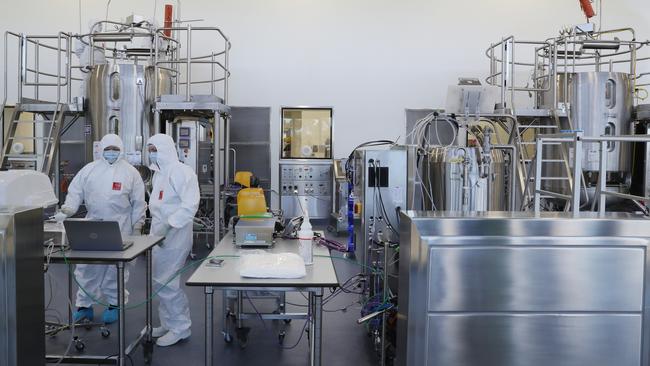SOHN Investment Conference: Paradice’s David Moberley picks Australia’s largest health company
Paradice’s David Moberley is excited about the “game-changing” opportunities for Australia’s foremost health care stock.

It might be one of the biggest and best-known stocks on the ASX, but David Moberley strongly believes the market is underrating CSL.
The Paradice Investment Management portfolio manager said Australia’s largest health company has underperformed the market since March on what he says are overblown concerns about CSL not getting enough blood donations from consumers.
Moberley says the market is too concerned with what he believes is a temporary drop in donations — CSL uses the blood to create drug treatments for complex diseases — during COVID-19 and not looking closely enough at some big longer-term opportunities.
“CSL [has] … a management team that I believe is one of the best capital allocators in the country. The stock has significant latent value in its asset base and R&D pipeline but the market is focused on a transitory COVID-19 related impact despite signs of recovery already emerging, which has created a rare opportunity.”
Moberley told the Sohn Hearts & Minds Investment Conference on Friday he has been examining Google movement trends around blood collection centres. And while the data suggests donor volumes remain subdued, they have progressively increased since March.
He is even more excited about the potential for what he terms a “game-changing” trial of a new product, CSL 112, designed to prevent secondary heart attacks by scraping plaque off artery walls.
“If successful I think 112 could be a revenue opportunity of up to $1bn globally, adding a third to the existing revenue base. But importantly this product can be manufactured using some of the waste products from donated blood that the company receives. So this improves the economics of the existing businesses, turning what is effectively a sunk cost into revenue.”
CSL’s flu vaccination business has performed well as COVID-19 has made more people aware of getting vaccines, Moberley said, but COVID-19 vaccines and treatments are another opportunity not reflected in the company’s valuation despite its work with the University of Queensland on a potential vaccine and a contract manufacturing deal with AstraZeneca.
“Any success in this regard is not captured in consensus earnings and in my view represents further upside.”




To join the conversation, please log in. Don't have an account? Register
Join the conversation, you are commenting as Logout